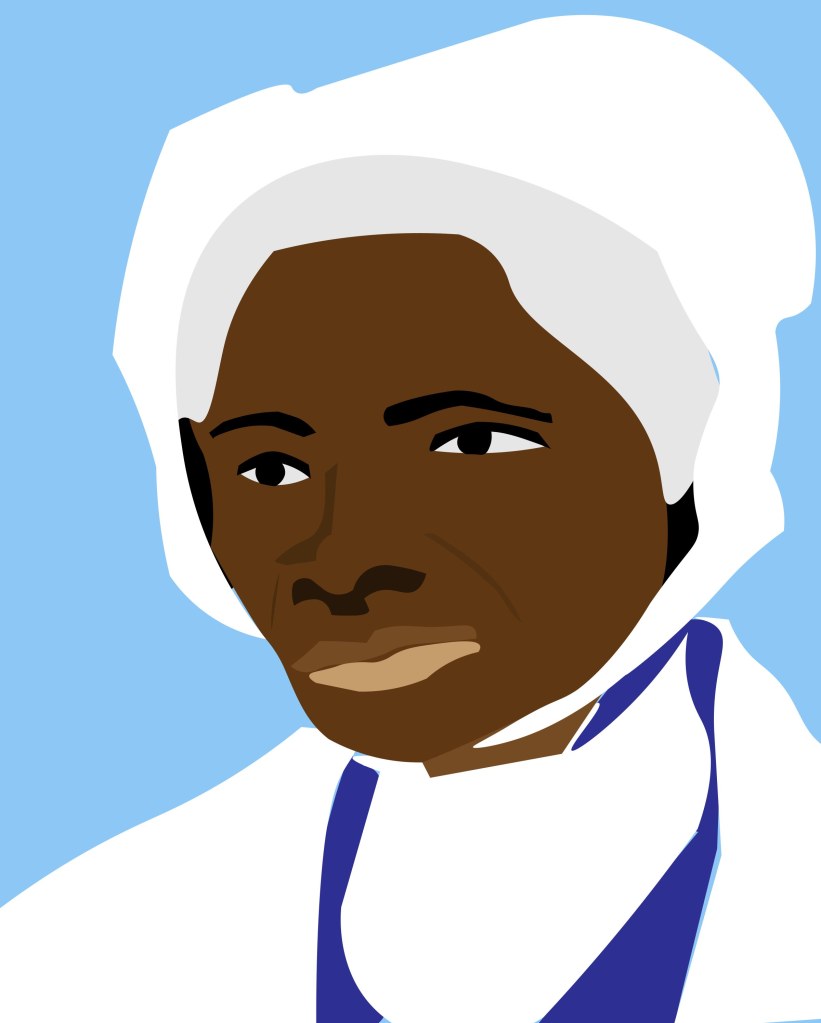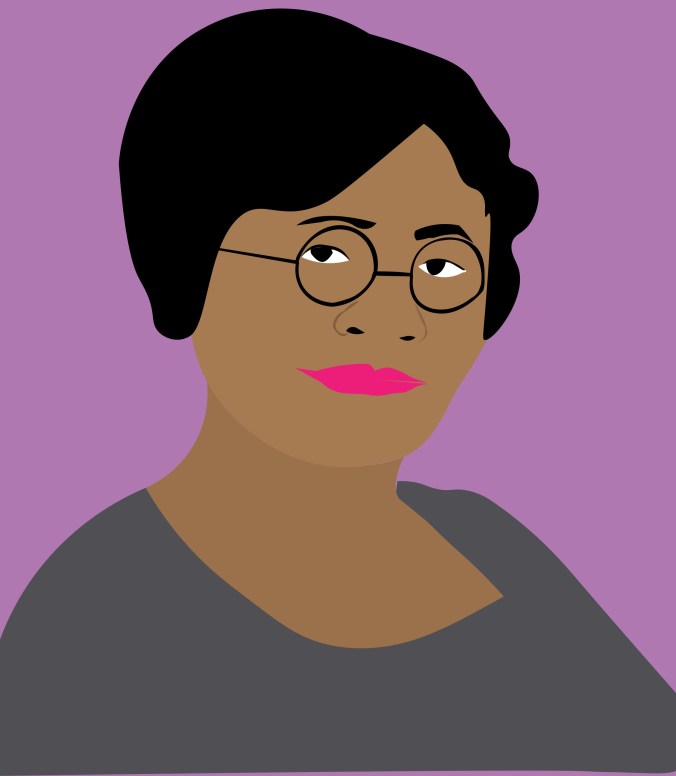The Notorious Architect of Equality
She dissented with precision and persistence. Ruth Bader Ginsburg reshaped the law brick by deliberate brick, building a framework where equality could stand taller. Her legacy is stitched into courtrooms, classrooms, and every place where fairness is demanded. This month, we celebrate a mind sharpened by justice.









